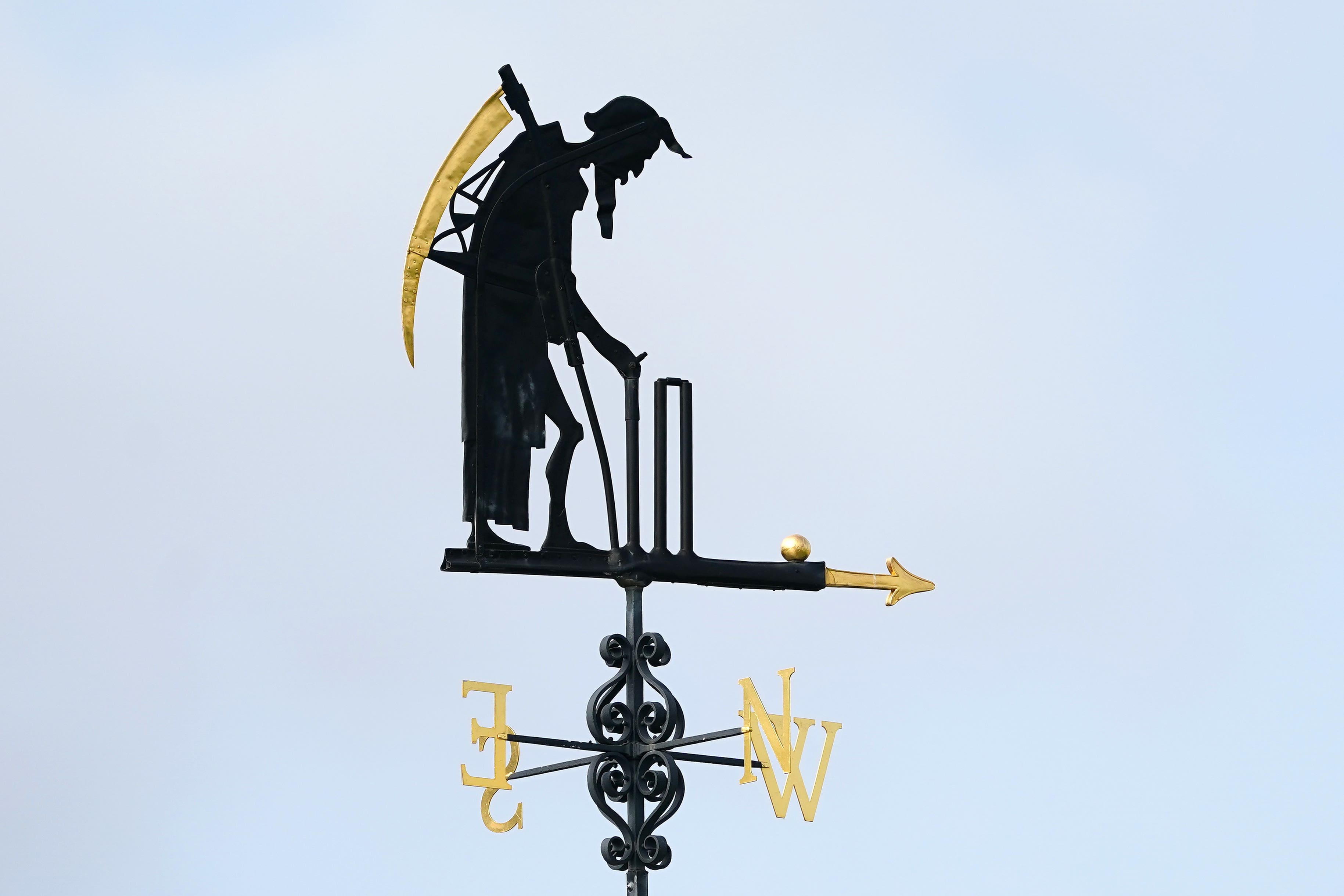What is the ICEC and where does cricket go from here?
The Independent Commission for Equity in Cricket’s wide-ranging report was published on Tuesday.

Your support helps us to tell the story
From reproductive rights to climate change to Big Tech, The Independent is on the ground when the story is developing. Whether it's investigating the financials of Elon Musk's pro-Trump PAC or producing our latest documentary, 'The A Word', which shines a light on the American women fighting for reproductive rights, we know how important it is to parse out the facts from the messaging.
At such a critical moment in US history, we need reporters on the ground. Your donation allows us to keep sending journalists to speak to both sides of the story.
The Independent is trusted by Americans across the entire political spectrum. And unlike many other quality news outlets, we choose not to lock Americans out of our reporting and analysis with paywalls. We believe quality journalism should be available to everyone, paid for by those who can afford it.
Your support makes all the difference.A long-awaited report has laid bare the extent of discrimination in cricket, leaving the sport’s leaders with a huge job on their hands to reform structures and change attitudes.
Here, the PA news agency looks more closely at the detail of the report and where the sport goes from here.
What has happened?
The Independent Commission for Equity in Cricket (ICEC) report, ‘Holding A Mirror Up To Cricket’, was published on Tuesday. The report, which received evidence from more than 4,000 respondents, has taken a forensic look at discrimination within the game.
The England and Wales Cricket Board commissioned the report in November 2020, and formally established the ICEC to carry out the work the following March.
What are the headlines?
Our inevitable conclusion is that, for many, cricket remains elitist and exclusionary.
The report dismissed the notion that the racism cases already in the public domain are isolated incidents – racism is “entrenched”, it said. Women are “subordinate” to men within cricket and treated as second-class citizens, which the report says extends to how players are paid, and that they routinely experience sexism and misogyny.
Little or no action has been taken to address class barriers within the sport, which is described as “elitist and exclusionary” by the report. Complaints processes were found to be confusing and overly defensive, offering little support to victims or those accused of discrimination.
The ECB’s dual role as the sport’s promoter and regulator is also questioned, with the report saying it creates “the potential for conflicts of interest”.
What does it recommend?
In all there are 44 recommendations, with the first being a call for an unreserved apology from the ECB, something the governing body immediately provided.
It calls for equal working conditions between men and women and an equalisation of international match fees with immediate effect, and overall equal average pay at domestic level by 2029 and at international level by 2030.
It called for the creation of a new regulatory body within 12 months, independent of the ECB.
An examination of the decline in black cricket participation is also recommended. A Sport England survey in 2020 found cricket participation numbers among people of black ethnicity were so low as to be statistically irrelevant and lower even than golf and tennis.
The report says the annual Eton v Harrow and Oxford v Cambridge matches at Lord’s should not continue after this year, and instead be replaced by national state schools and universities finals days. It also says equality, diversity and inclusion (EDI) considerations should be given greater weight in allocating hosting rights to high-profile matches, noting that giving and withdrawing those rights can be a “powerful tool” in encouraging compliance with EDI.
The ECB temporarily withdrew hosting rights from Yorkshire over the club’s handling of the Azeem Rafiq case.
What has been the ECB’s response?
In addition to the unreserved apology, the governing body has committed to a three-month consultation process to agree on a path of reforms which address the recommendations of the report.
ECB chief executive Richard Gould said it would be entirely wrong to dismiss this report as simply being part of the culture war, and said getting the response right was an “existential issue” for cricket.
What have others said?
The ICEC chair Cindy Butts said the report highlighted the “stark reality that cricket is not a game for everyone”. She did however express confidence in the ECB’s leadership to bring about the change required, and praised the governing body for being “brave enough” to commission such a report in the first place.
Azeem Rafiq, whose decision to speak out about the racism he experienced at Yorkshire ignited the debate around discrimination in the sport, praised the courage of those who had provided evidence to the report.
What is the latest on Rafiq’s case?
On Tuesday the ECB recommended Yorkshire be fined £500,000 – with £350,000 of it suspended – by an independent Cricket Discipline Commission panel after the club admitted four charges in relation to their handling of Rafiq’s case and other allegations of racism, plus a failure to address systemic use of racist or discriminatory language over a prolonged period.
The ECB also called for a 48 to 72-point deduction for Yorkshire in the County Championship, and a four to six-point deduction in the One-Day Cup and the T20 Blast.
Yorkshire’s legal team called for any sanctions handed down to be suspended and highlighted the significant EDI action undertaken since November 2021. The CDC panel will deliver final sanctions in the coming weeks.
Six former Yorkshire players have already been sanctioned over the use of racist language.